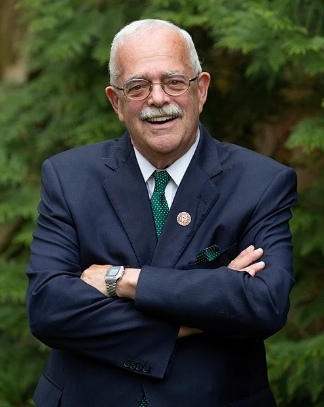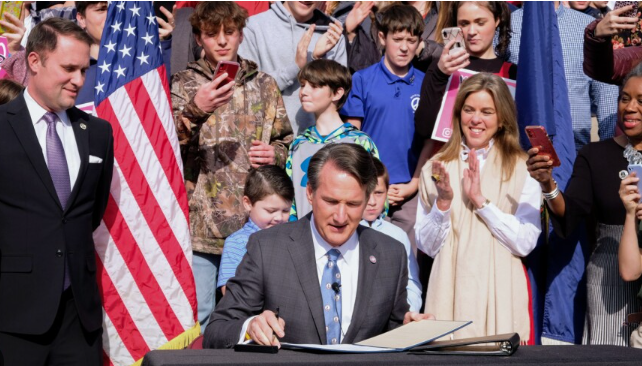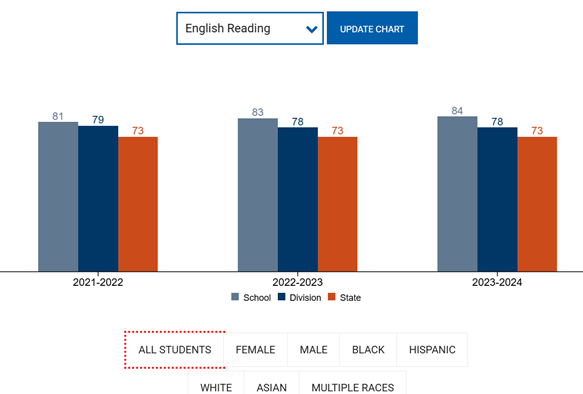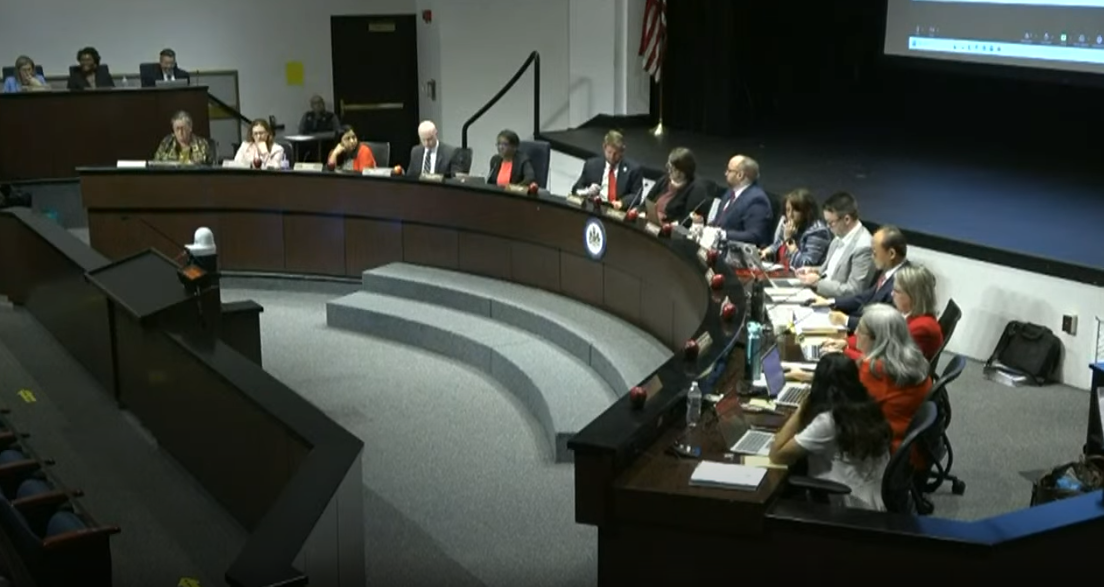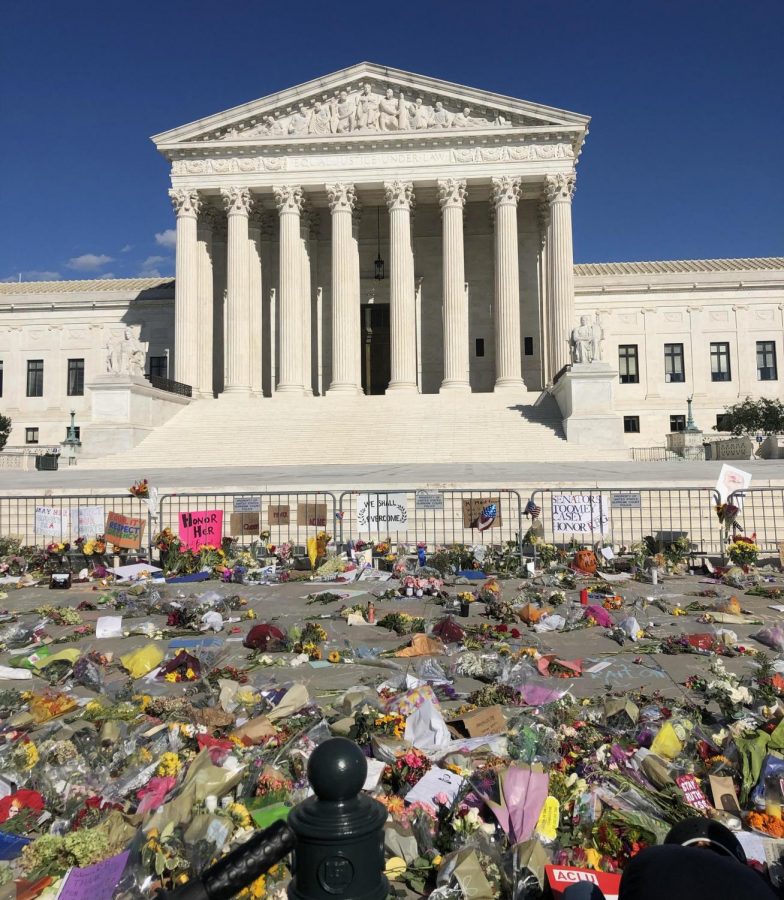RBG Fought For Equality. Now It’s Our Turn.
Late at night on September 18, the US lost a titan. Ruth Bader Ginsburg died following complications with metastatic pancreatic cancer at the age of 87. Throughout the course of her life, few people have done more for the rights of women than Justice Ginsburg.
Over the course of her long life, the late Justice Ginsburg was a trailblazer for women’s rights and, as a Justice, oversaw some of the most progressive decisions in the court’s history. Ginsburg’s path towards advocating for women’s rights began when she attended Harvard Law School, one of eight in her class, and a professor took all the women students to dinner and asked them to justify taking a man’s place in the law school. It happened again when she became pregnant and her employer suddenly docked her pay.
She later became a leader of the Women’s Rights Project of the American Civil Liberties Union where she argued cases in front of the US Supreme Court such as Fronterio v Richardson, where she argued for an Air Force Officer who was denied the same financial benefits her male colleagues qualified for.
She was not just a champion for women’s rights by themselves, but for the equality of both genders. That meant setting men equal to women in certain circumstances as well. In Califano v Goldfarb, Ginsburg argued that Leon Goldfarb, a widower from New York, was entitled to survivor’s benefits to raise his newborn child, just as any widow would be.
When she was appointed to the Supreme Court in 1993, becoming just the second woman to ever be appointed, she continued her work to end gender discrimination, most notably in the case of United States v Virginia where she issued the majority opinion that declared the Virginia Military Institute’s admissions policy was unconstitutional because it went against the 14th Amendment’s equal protection clause.
She became known for her dissenting opinions, and was given the nickname, “The Notorious RBG,” following a particularly scathing dissenting opinion concerning a case about voting rights, according to the documentary RBG, which analyzes Ginsburg’s life.
With her death, women, and indeed most progressive causes, have lost a fearless champion that, in this day and age they cannot afford to lose. With the court swinging more and more conservative with every Trump appointment to the bench, the Supreme Court, a body which is supposed to stay far away from any whiff of political involvement has increasingly become an area of political interest due to both the appointments, especially Brett Kavanaugh, who’s scandal and messy confirmation was disturbingly similar to the Clarence Thomas hearings, which both were tainted by accusations of sexual misconduct.
Whomever President Trump appoints to the bench, in this case Amy Coney Barrett, will make the court more conservative than it has been for years, and will affect us—our generation, which tends to be progressive—for decades. It is likely that both the ACA’s pre-existing condition mandate and Roe v Wade, the case that protects women’s bodily autonomy, are in danger as most conservative Justices named to the bench disagree with the precedent set in that case.
It is imperative that Ginsburg’s legacy is defended and built upon in a time where so many things are being torn down. As a nation, we are losing our identity, but maybe, just maybe, by honoring who she was and what she stood for, not only will women’s rights and equality between all people improve, but maybe it will get the country back on track, too.
In her Senior year at West Po, Mollie Shiflett wants to keep it real. She is Co-Editor-in-Chief of the West Po Wire and has been since sophomore year....



